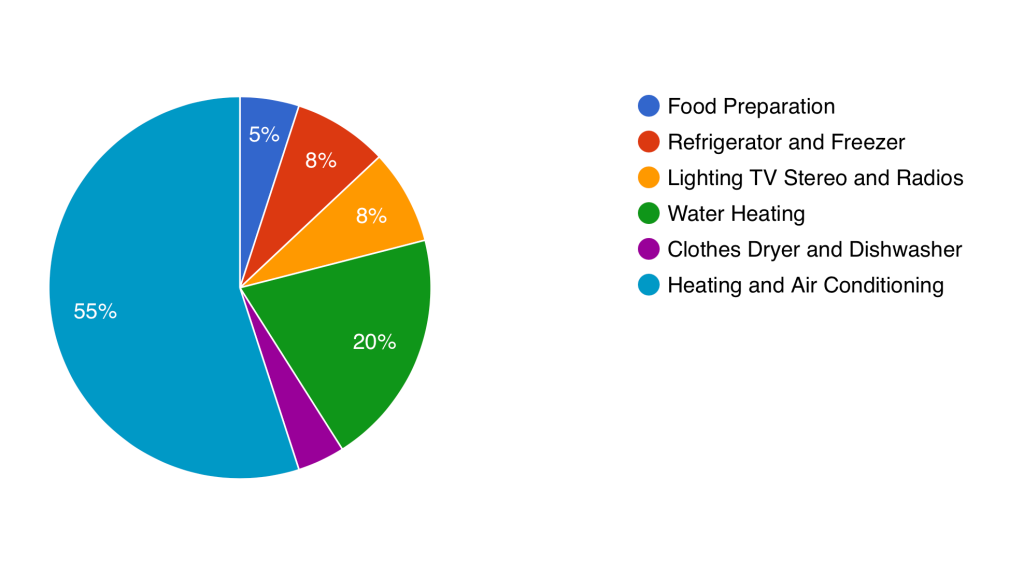Customer Service: (865) 457-9232
cservice@clintonub.com
Tips on Saving Money & Energy
Air Conditioning Tips
- If you’re gone for an extended period, turn your air conditioner off.
- Keep your air conditioner filters clean. Replace the fiberglass ones and wash out the aluminum ones.
- Keep air vents clear of obstructions.
- Close the drapes on the sunny side of the house during the day.
- Leave storm windows and doors in place when the air conditioner is on.
- Set the thermostat to the highest comfortable temperature in summer. Even a 1 degree change can save money.
- If you cool with window units, place them on the north side of the house when possible, clear vents of obstructions, shut doors to unused rooms, and close floor or wall registers used for heating.
Heating Tips
- Set the thermostat to 55 degrees if you’re going to be gone for a few days. That will keep the pipes from freezing.
- In winter, when you’re home, keep the thermostat at the lowest comfortable temperature.
- Keep all doors and windows closed when the heat is on.
- Open drapes on the sunny side of the house. Close them at night.
- Keep heating vents clear of obstructions.
- Turn off heat and close doors to unused rooms if you have individual room heat.
Water Tips
- Be sure you have an energy efficient water heater.
- Set the water heater thermostat at 140 degrees if you have an electric dishwasher or to 120 degrees if you do not.
- Insulate the pipes going into and out of the tank. Add an insulated blanket around your water heater if it is an older model.
- Turn the water heater off when you’re gone longer than a weekend.
- Wash full loads of clothes in the coolest water possible. Rinse clothes in cold water.
- A low-flow shower head can reduce water use by 50-70 percent.
- Fix leaky faucets. One drip per second equals 200 gallons a month.
- Drain a gallon of water once a year through the faucet at the bottom of the water heater. This removes sediment that decreases energy efficiency.
- Run the dishwasher only when it is full.
Lighting Tips
- Compact fluorescent lamps can replace bulbs in most table lamps and will save up to 75 percent in lighting energy, produce more light, and last up to ten times longer.
- For more light, use one large bulb rather than several small ones. A 100-watt bulb produces more light with less energy than two 60-watt bulbs.
- Tungsten-halogen incandescent bulbs cut lighting costs by 15 percent.
- Use low-watt bulbs where lighting is not critical.
- Dimmer switches are actually smarter.
- Place floor lamps and hanging lamps in corners. The reflection off the walls will give you more light.
- Take advantage of the daylight.
- Turn off outdoor lighting during the day.
- Turn off all lights, TV’s, stereos and radios if no one will be in the room.
Refrigerator Tips
- Vacuuming the coils on your refrigerator every three months will keep the condenser running better and energy costs lower.
- Keep the temperature between 36 and 40 degrees in the refrigerator and 0 to 5 degrees in the freezer.
- Cool foods to room temperature before placing them in the refrigerator unless the recipe specifies otherwise.
- Place the refrigerator away from the stove, dishwasher, heat vents, and direct sunlight.
- Keep the freezer full. The fuller the freezer, the less cold air you lose when opening the door.
- Defrost manual-defrost refrigerators or freezers when the frost becomes 1/4″ thick.
Cooking Tips
- Plan meals so several things can cook at the same time in the oven. Avoid opening the door until the food is done.
- Try using a pressure cooker. It can cut the cooking time of a regular pot on a burner by one-third.
- While a microwave is great for reheating leftovers, takeout foods or cooking a single dish, a conventional oven may be more economical if you’re cooking several items.
- Baking or microwaving defrosted food uses one-third less energy than starting with frozen food.
- If you’re going to clean your oven, use the self-cleaning cycle right after you finish baking. That will give the self-cleaning cycle a head start in heating the oven.
Clothes Dryer & Dishwasher Tips
- Besides cleaning your lint filter after every load, make sure you dry full loads of clothes without overloading.
- Stop the dryer as soon as clothes are dry. Overdrying wastes energy and sets in wrinkles.
- Dry loads one right after another. You’ll use less energy because the dryer is already heated.
- Select a cycle with no final drying time or stop the dishwasher after the final rinse.
- It’s always a good idea to hang on to appliance manuals so you can refer to them for care information and possible energy saving tips.
Source: TVA Brochure – “Vacuuming Your Refrigerator with the Drapes Closed and 47 Other Bright Ideas”
Where your Energy Dollar Goes!

